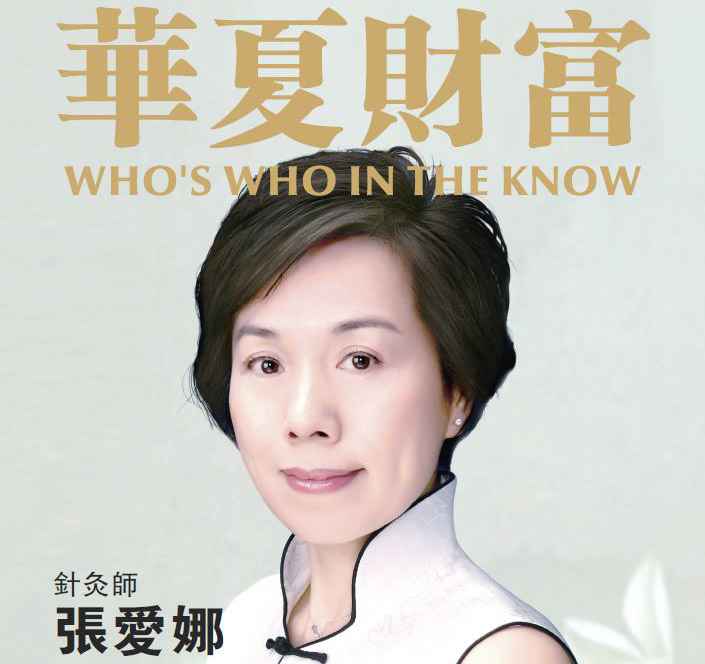As you can imagine, the pathology of female infertility in Traditional Chinese Medicine (TCM) can be very complex. The terms used in TCM, such as Kidney, Liver and Blood, have different meanings from those of Western medicine, and are capitalized here to show that the meaning isn’t the same. They are widely used for lack of better translations. If you’d like to learn more about TCM and infertility, refer to the books recommended in Resource – Book – Infertility section of our website.
According to a study published in the Journal of Traditional Chinese Medicine, liver Qi (vital energy) Stagnation and Kidney Deficiencies account for 51.7% and 22.4% of female infertility patients. This conclusion is hardly surprising when you consider current lifestyles and the demography of many female infertility patients. Liver Qi Stagnation is often associated with stress, a sedentary lifestyle, and a greasy diet. Kidney (whether Yin, Yang or Essence) Deficiency on the other hand is often the result of a very demanding lifestyle and the natural process of aging.
These percentages confirm my own clinical observation which is that younger infertility patients tend to have Liver Qi Stagnation and older (over 40) patients tend to have Kidney Deficiency. However, it’s important to understand that this finding is just one piece of the puzzle as almost all fertility patients show more than one pattern.
Kidney – One of the major functions of the Kidney is to store the Kidney Jing (the Essence of life), which includes Prenatal Jing (inherited from parents, and not replaceable) and Postnatal Jing (acquired from food and replaceable). The Kidney Jing can be transformed into Blood and Kidney Qi, which becomes the source of human growth, development and reproduction.
According to Chinese medicine, the variation of Kidney Jing supply produces significant physiological changes in a woman’s life every seven years. At 7, a girl starts to mature into a young woman; at 14, she has her first menstruation and is able to conceive; at 21 and 28, she reaches her most fertile years; at 35, her fertility starts to diminish; at 42, her fertility is mostly lost and at 49, a woman’s Kidney Jing is depleted, and therefore, she has her menopause.
Liver – two of the major functions of the Liver are to regulate Qi and Blood and to store Blood
Spleen – The main functions of the spleen are to transform food nutrients to Qi, Blood and Postnatal Jing, to maintain proper humidity in the body and to keep the Blood circulating within the Vessels.
According to TCM theory, the Liver plays a vital role in the reproductive system. Liver Qi moves the Blood and stagnation of Liver Qi is likely to cause Blood Stasis. In time, Blood Stasis may cause endometriosis, uterine fibroids and ovarian cysts, dysmenorrhoea, irregular menstruation and scanty menstruation, which are all known contributors to female infertility.
The Kidney is the most important organ in the reproductive system, and any aspect of Kidney deficiency, whether Yin, Yang or Essence Deficiency often leads to amenorrhea, anovulation, a small uterus, thin endometrium, low ova quality and premature ovarian failure.
The Spleen is also a very important organ in the reproductive system. Unfortunately, over eating of cold, uncooked food, cold climate, unrestrained consumption of sweet food, overactive mind and not active body life style all negatively affected Spleen health. It is very common in clinical setting to see patients with various level of Spleen deficiency. A deficient Spleen is likely to cause scanty or abundant menstruation, spotting, prolonged menstruation, repeated miscarriages etc.








